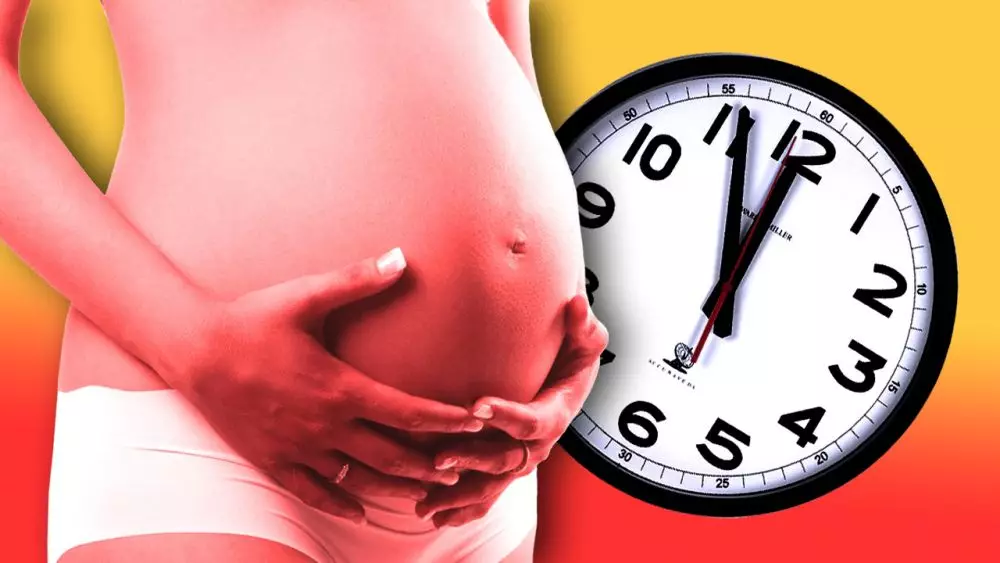When women are on the threshold of 30, and they still do not have children, they often hear the phrase of "watch they tick" (about where she came from, read here). Is it true now or in the 21st century medicine stepped forward?

After 30 years, fertility gradually decreases, but not much
This means that the amount of eggs gradually decreases. For comparison: if a girl is less than 26 years old, it will get pregnant in a year of sex without contraception with a probability of 92%. By 39 years, the probability is reduced to 82%. The chance to get pregnant is also reduced due to diseases: endometriosis or uterine misa.With age increases the risk of giving birth to an unhealthy child
The risk of having a child with chromosomal anomalies is at any age, but it grows every year. At 20, it is 0.2%, at 35 years - 0.5%, and at 40 - 1.5%.
What, except age, affect the ability to give birth?
• Lifestyle (disease and state)• Alcohol abuse
• Smoking (including passive)
• excess or insufficient weight
How long do you need to start panicing?
If you are less than 35 years old, then this year is the norm. If more, you should not wait for more than six months, you need to consult a doctor.
How can you increase chances to get pregnant?
Here are some tips from gynecologists:
• Balanced and diverse to eat;
• regularly play sports;
• Do not drink alcohol;
• Do not smoke;
• Take folic acid. In 80% of cases, it can reduce the risk of congenital malformations of the fetus.
Medicine is well developed, so there are no problems if you decide to get pregnant in 35. You can use artificial fertilization:
• Intrauterine insemination is the type of artificial fertilization, when the cum is placed in the uterus during ovulation.
• Extracorporeal fertilization (ECO) is the type of fertilization, in which the egg extracted from the body of a woman is fertilized in the laboratory conditions, and then a three-five-day embryo is transferred to the uterine cavity.
• Ixi - the form of eco, in which in the laboratory conditions using the finest needles, the sperm is injected into the egg.
